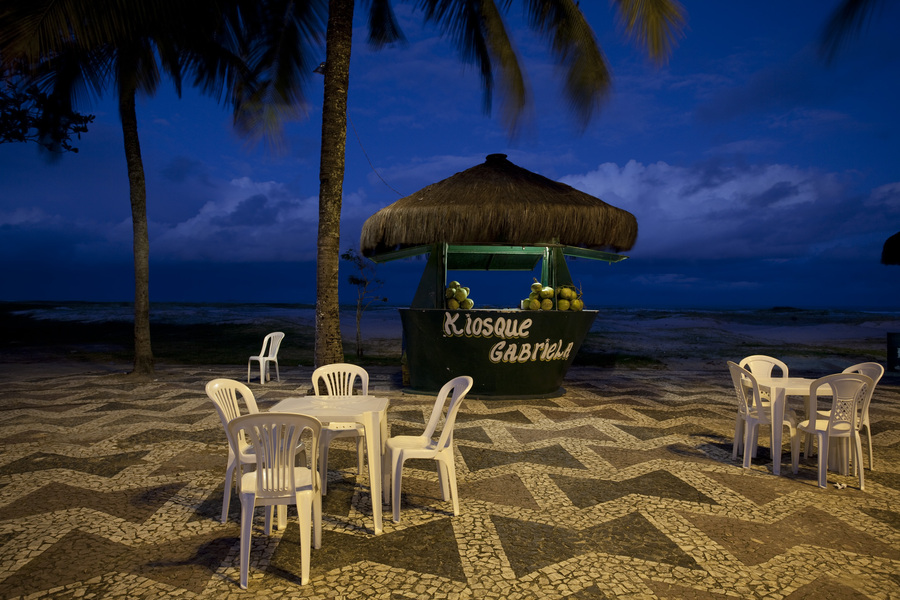Conferences and debates
Index / Activities / Conferences and debates / Arabia Brasilica
Arabia Brasilica
From May 08, 2014 until May 18, 2014
Wednesday, May 14. Conference given by Alberto Sismondini followed by a screening of the film Los caminos del mascate (The Paths of the "Mascate"). #amrika
This conference forms part of the series of events “Amrika: Arabs in the Americas” and will be taking place at 7:00 p.m. at the Casa Árabe Auditorium in Madrid (at Calle Alcalá, 62).
In his presentation, Sismondini will be accompanied by Rita Bered de Curtis, cultural advisor of the Embassy of Brazil in Spain, in an event introduced by Karim Hauser, who is responsible for Casa Árabe’s Governance area.
“Arabia Brasilica” is the title which Alberto Sismondini, a researcher for the Portuguese Language Center at the University of Coimbra, has chosen to study a wide range of writers in Brazil’s literary scene, whose origins can be found in the Middle East. Writers Salim Miguel (“Nur na Escuridão”/“Light in the Darkness”), Milton Hatoum (“Relato de un cierto Oriente”/“Tale of a Certain Orient”) and Raduan Nassar (“Lavoura Arcaica”/“To the Left of the Father”) transform the family history into a novel, marked by the diaspora. In the work of these three well-known contemporary authors, there is intense dialogue over the Lebanese melting pot and that of the society which has taken them in, Brazil. To complete his research, Sismondini also compares theirs with the prose of French-speaking authors of the same origin, including Farjallah Haïk and Amin Maalouf, while framing the work within Julia Kristeva’s theory of intertextuality.
 When the presentation has come to an end, there will be a screening of the documentary The Paths of the “Mascate” (52 min), produced by Casa Árabe en 2010, a work of audiovisual research carried out by José Luis Mejías on Arab immigration in Brazil. It is an audiovisual which tells the forgotten story of the “mascates,” traveling salesmen of Arab origin, from the late nineteenth to early twentieth centuries, and their descendants’ capacity for integration into today’s Brazil.
When the presentation has come to an end, there will be a screening of the documentary The Paths of the “Mascate” (52 min), produced by Casa Árabe en 2010, a work of audiovisual research carried out by José Luis Mejías on Arab immigration in Brazil. It is an audiovisual which tells the forgotten story of the “mascates,” traveling salesmen of Arab origin, from the late nineteenth to early twentieth centuries, and their descendants’ capacity for integration into today’s Brazil.
